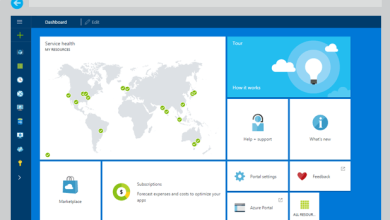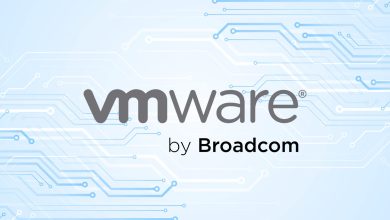Enhancing Operations with Automated Data Governance

Jose Milton Buitron, Head of Global Data & AI Center of Excellence at Kimberly-Clark Professional
In producing desired outputs, businesses create large chunks of datasets vital for optimizing operations. Dominating this age of endless digital experiments is artificial intelligence. In this interview, Jose Milton Buitron highlights the role of data-driven analytics in enhancing resource allocation, project assessments and overall decision-making. This entails the continuous development of AI models to create and practice up-to-the-minute solutions, popularizing the term ‘data governance.’
Building a unified Data and AI governance framework
Key considerations:
In today’s data-driven world, the intersection of data and artificial AI governance is becoming increasingly crucial for organizations. Traditionally, data governance programs have faced challenges in demonstrating their value due to the abstract nature of data quality, which can be challenging to measure without specific use cases in analytics and AI. However, when connected to it, data governance reveals its full potential by enabling more accurate predictions, improved decision-making, and better customer experiences. This integration showcases high-quality data’s direct benefits and ROI and aligns organizational goals, creating a seamless flow from data collection to actionable insights.
High-quality data is the cornerstone of effective AI implementations. Data cleanliness, validation and consistency are essential for developing reliable AI models

Critical components of a unified governance framework:
Alignment around value
A critical aspect of unified governance is aligning data and AI initiatives around organizational value. Identifying and prioritizing analytics and AI use cases based on their potential impact allows organizations to focus on the most valuable areas. This prioritization should guide the governance of data domains, ensuring that the most critical data is governed and managed effectively to support these high-value use cases. This strategic alignment helps allocate resources efficiently and ensures that the data governance efforts directly support the organization’s strategic goals.
Cross-functional collaboration
The complexity of integrating data and AI governance requires collaboration across multiple functions. Teams of data scientists, data engineers, legal experts, and business leaders must collaborate to develop and implement governance policies. This cross-functional approach ensures that diverse perspectives are considered, promoting more comprehensive and effective governance strategies.
Model lifecycle management
Governance of AI models involves overseeing their lifecycle, from development to deployment and monitoring. This includes version control, performance tracking, and addressing ethical considerations like bias and transparency. By establishing clear protocols for model governance, organizations can ensure that AI systems remain aligned with their ethics and regulatory requirements.
Data quality and preparation
High-quality data is the cornerstone of effective AI implementations. Data cleanliness, validation and consistency are essential for developing reliable AI models. A unified governance framework emphasizes continuous data quality monitoring and improvement, impacting AI outputs’ accuracy and fairness.
Policy development and compliance
Creating governance policies that align with data and AI regulations is critical. This includes adhering to data privacy laws and ethical standards, which are becoming increasingly stringent while complying with AI regulations flourishing everywhere. By embedding compliance within the governance framework, organizations can proactively manage risks and avoid potential legal and reputational issues.
Technology and tools
Using integrated tools and platforms is vital for managing the complex landscape of data and AI governance. These tools facilitate metadata management, data quality assurance, and model monitoring. Additionally, automation can streamline governance processes, making implementing policies and maintaining oversight easier.
Building a unified data and AI governance framework is essential for organizations aiming to leverage their data assets responsibly and effectively. Organizations can create a sustainable and ethical data and AI ecosystem by demonstrating the value of high-quality data through AI applications and establishing robust governance practices. This comprehensive approach enhances decision-making and innovation and ensures compliance with evolving regulations and standards.




